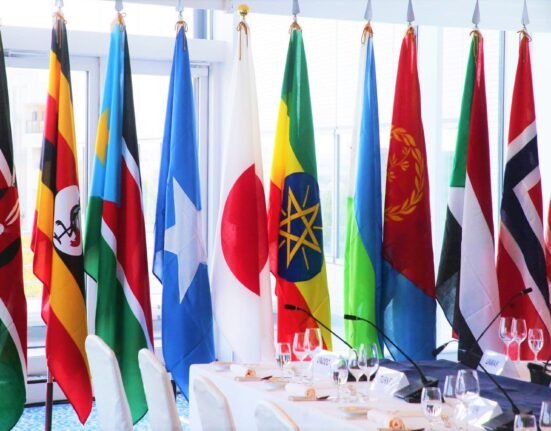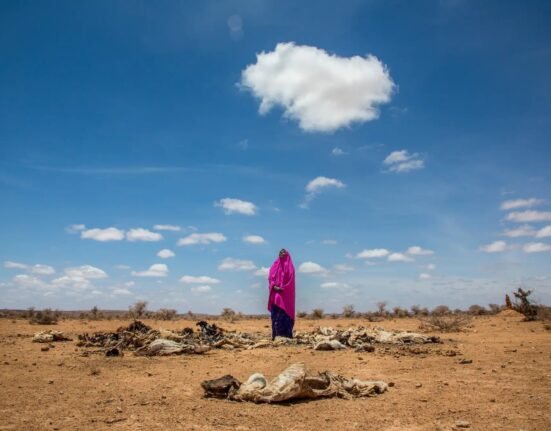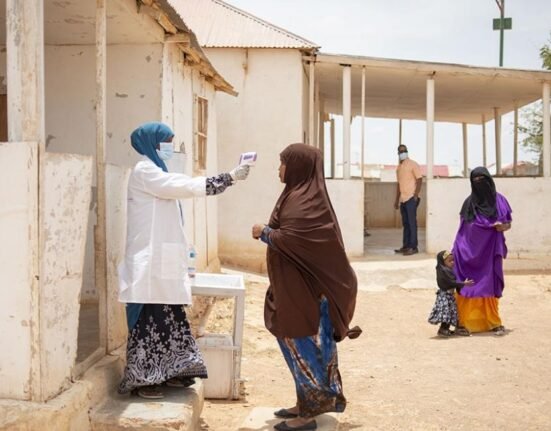Somalia, a beautiful country in the Horn of Africa, has long been known for its vibrant culture and rich history. However, when it comes to women’s rights and gender equality, the country has faced significant challenges. In recent years, efforts have been made to promote inclusivity and empower women, but there is still much progress to be made. This article delves into the current state of women’s rights in Somali society, highlighting both the challenges faced and the advancements achieved.
Challenges Facing Women’s Rights:
Somalia has a deeply rooted patriarchal societal structure where traditional norms and cultural practices often hinder women’s progress. Gender roles are strictly defined, limiting women’s access to education, employment, and decision-making positions. Harmful practices such as female genital mutilation (FGM) and child marriage persist, denying girls their fundamental rights while perpetuating gender inequality. Additionally, women often face discrimination in the justice system and are more vulnerable to gender-based violence.
Access to Education:
Access to education is crucial for empowering women and promoting gender equality. Although there has been a significant increase in girls’ enrollment in schools over the past decade, challenges persist. Factors such as poverty, cultural biases, and insecurity hinder girls from attending school. Furthermore, the quality of education remains a concern, limiting opportunities for girls to reach their full potential.
Women in Politics and Leadership:
Somali women have traditionally been marginalized in political and leadership positions. However, progress has been made in recent years to increase women’s representation. In 2012, a 30% gender quota was introduced, ensuring female participation in politics. As a result, women now hold seats in the Federal Parliament and other decision-making bodies. Despite this advancement, further efforts are needed to enhance the meaningful inclusion of women, ensuring their voices are heard and their rights protected.
Economic Empowerment:
Promoting economic empowerment among women is crucial for reducing poverty and achieving gender equality. Many women in Somalia face barriers to employment due to societal norms and prejudices. Recognizing the potential of women entrepreneurs, initiatives have emerged to support women in starting and growing their businesses. These initiatives, coupled with increased access to credit and financial services, are gradually transforming the economic landscape for women and providing them with opportunities for sustainable livelihoods.
Changing Social Attitudes:
Addressing deeply ingrained gender inequalities and traditional customs is a complex task. However, there is an emerging momentum for change within Somali society. Grassroots organizations, activists, and community leaders are working towards challenging harmful practices and advocating for women’s rights. The collective efforts of these individuals and groups are gradually shifting societal attitudes towards gender equality, promoting positive change from within Somali communities.
While Somalia faces significant challenges in achieving gender equality and upholding women’s rights, positive strides have been made in recent years. Efforts to improve access to education, increase representation in politics, and empower women economically are contributing to a more inclusive society. However, lasting change requires a holistic approach that involves legal reforms, education, awareness campaigns, and community engagement. By continuing to address gender disparities, Somalia can move towards a future where women’s rights and gender equality are fully recognized, benefiting society as a whole.






